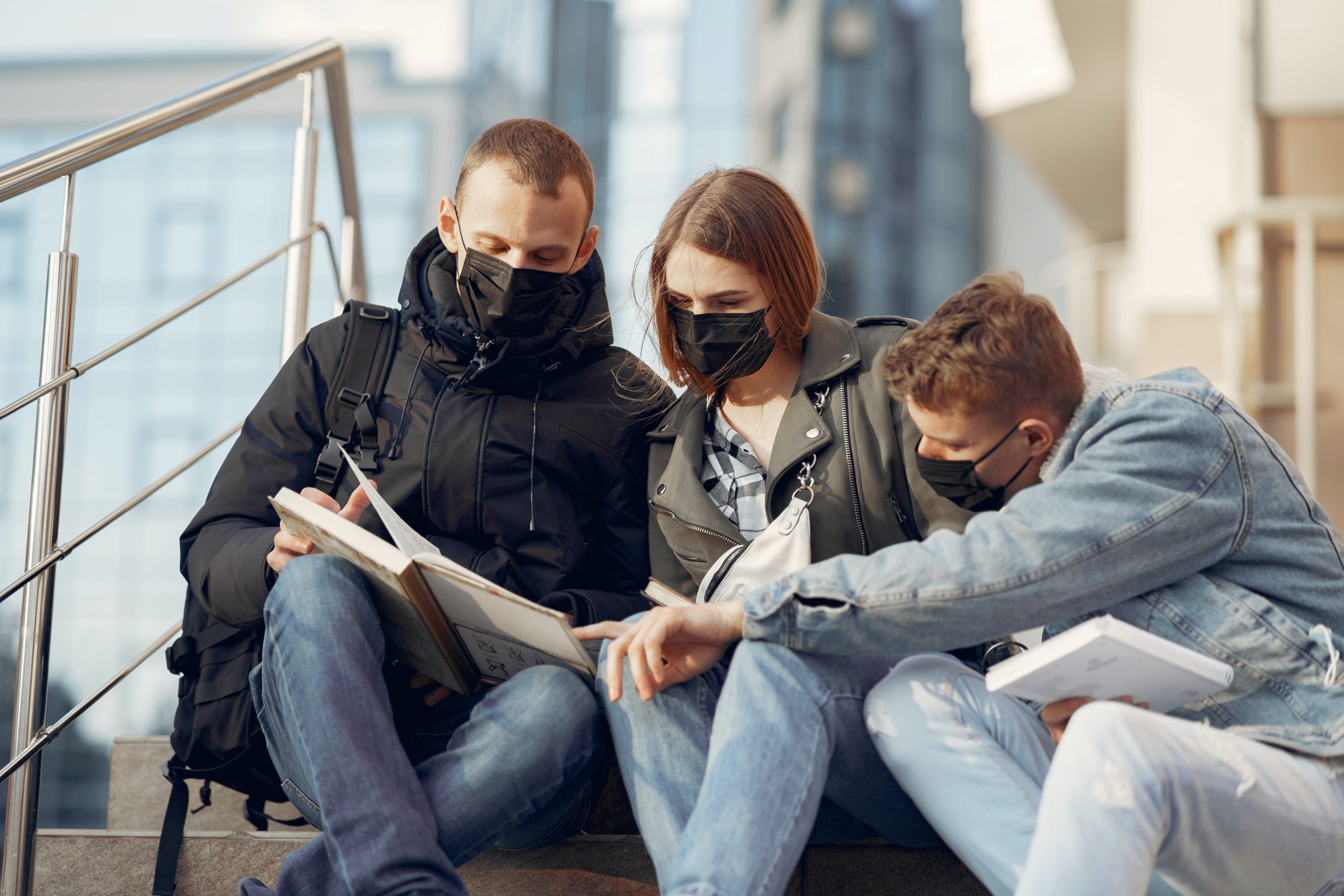It may not result in the same physical symptoms, but there’s no doubt COVID-19 is having a huge impact on the lives of young people. In fact the 16 – 25 age group have probably been hit the hardest in terms of a losing out in their day to day lives. Put simply, their worlds have shrunk, from ones full of optimism, variety and opportunity to restrained controlled existences with limited short term prospects.
Many have had to move home to live out lock down in cramped childhood bedrooms under the control of stressed and worried parents. They feel too big for these bedrooms and trapped by parents who find it easier to revert to treating them like children rather than the adults they have become.
They may have lost jobs which they loved, for example in the case of performers, or are struggling to continue to train for careers which they are not sure will exist post COVID-19.
Those still at school have had the stress of trying to learn online, or have returned to school only to find themselves in a revolving door of self-isolation. Then the latest blow that schools are closed again, and for many the exams they were struggling to work for have been cancelled. This is not great news for many who have already invested a lot of time and effort working towards those exams and feel “cheated” that they will no longer be able to sit them. Furthermore they worry that this could negatively impact their opportunities for entering top universities.
Vibrant, varied and liberating social lives have disappeared overnight. No live music, plays or parties. But for young people this is more than losing a social life. Meeting people, developing friendships and learning about relationships is actually how people develop as adults and learn vital skills for later life. All this is being denied to people of this age group and they can’t even see their friends, unless it is on Zoom or some other online interface.
About all they are left able to control is their eating. And for many that has sadly led to becoming obsessional about what they eat and how much and when, so that it verges on, or becomes an eating disorder. This is a particular risk for young women and girls, who find themselves isolated from their friends, overthinking constantly and a victim of harsh perfectionism where they are never good enough. They tell themselves if only they were thinner it would all be OK, but of course that leads to a cycle of self-harm and self-criticism which is far from OK.
We all need to be more self-aware at these most challenging of times, but perhaps there is an extra duty of care on all of us to especially look out for young people. Instead of condemning them when they try to hold onto some of the previous freedoms they enjoyed, we could show a little more empathy about how much they have lost. We could reach out and talk to them more about what is really going on for them and how they feel about some of the changes they are facing. We could try to encourage any vestiges of self-determination they might display, rather than view them as risky. We could also recognise their stress and anxiety as something real and difficult for them to cope with.
And what about the young people themselves? What responsibility do they have for trying to help themselves through these most difficult times when so many of our needs are suddenly deemed non-essential?
They need to look after themselves and step up to developing a good self-care routine which they can stick to. It needs to include all the vital elements of daily exercise, good hobbies, some work and/or achievements, meaningful engagement with other people, sensible balance eating and good sleep routines. It needs to be structured, organised and well planned, as these simple building blocks are ultimately what will get us through this in one piece. We also all need to remember that, even when we are isolating, it’s not just good to talk, it’s vital!
Finally we all need to be kind to each other and ourselves. This is not the time for harsh perfectionism and beating ourselves up that we didn’t learn Japanese during lock down! It’s a time for staying grounded, sticking to routines and knowing this will change.

